
Women who decide to undergo a breast augmentation surgery must be informed of all the aspects of the procedure, such as pre-op procedures, the course of the surgery, post-op treatment and recovery time. They also need to know that there are some possible complications of this procedure that are not to be ignored.
The most common complications of breast augmentation surgery include capsular contracture, ruptured implants, rippling, infection, hematoma, displacement and nipple numbness with changes in breast sensation.
Body’s natural reaction to a breast implant is to form a layer of scar tissue that is called capsule. In some cases however, the capsule contracts, creating pressure to the implant, which causes pain, hardening and distortion of the breast tissue. Depending on the level of contracture, the patient may or may not need a surgical procedure to repair the tissue. The surgery can either include scoring the capsular tissue to loosen the capsule, which is called capsulotomy, or they can perform capsulectomy in which they completely remove the capsule.
Another possible complication is rippling, which occurs when the material that fills a breast implant shifts creating a ripple or a fold. These changes can be felt or even seen on the surface of the breast in form of bumps waves or valleys. Whether the rippling will occur and to what extent depends on the material used for the implants.
Infection is a complication that may occur with any surgery, and in breast augmentation procedure as well. The symptoms of infection are fever, inflammation, breasts that turn red and tender. It usually occurs in one to seven weeks following the surgery and it is treated with antibiotics. In some cases, however, the implant needs to be removed or replaced, but this can be done only after the infection cleared off. Infection also may increase the risk of capsular contracture.
Hematoma is a collection of blood in the tissue, organs or cavities of the body. Bruise is the most common type of hematoma. Some bruising is normal for the period following the procedure but larger hematomas need to be drained surgically.
The sensation in nipples and breasts can sometimes be affected due to a shifting or disruption of nerves during surgery. This can affect sexual response or breastfeeding. It is not unusual for numbness to occur in the period after the surgery but it usually goes away within a period from few days to few months. Numbness and loss of sensitivity is rarely permanent.
In rare cases the implant may shift from the position it was placed in during the surgery. This displacement usually occurs in the first days following the surgery and requires additional surgical intervention to put it back.
A rupture of the implants happen with both saline and silicone implants. Saline solution is harmless for the body, which simply absorbs it. Silicone is thicker and it may not show any signs of leakage. Women who have silicone implants should have regular MRI exams to monitor for a potential rupture.


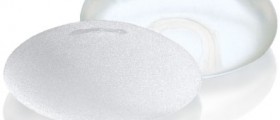


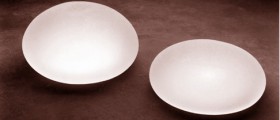
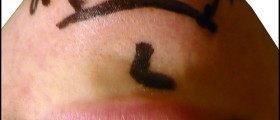
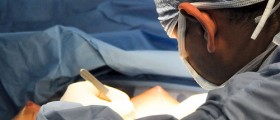






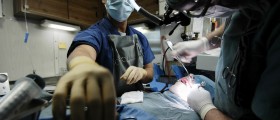


Your thoughts on this
Loading...